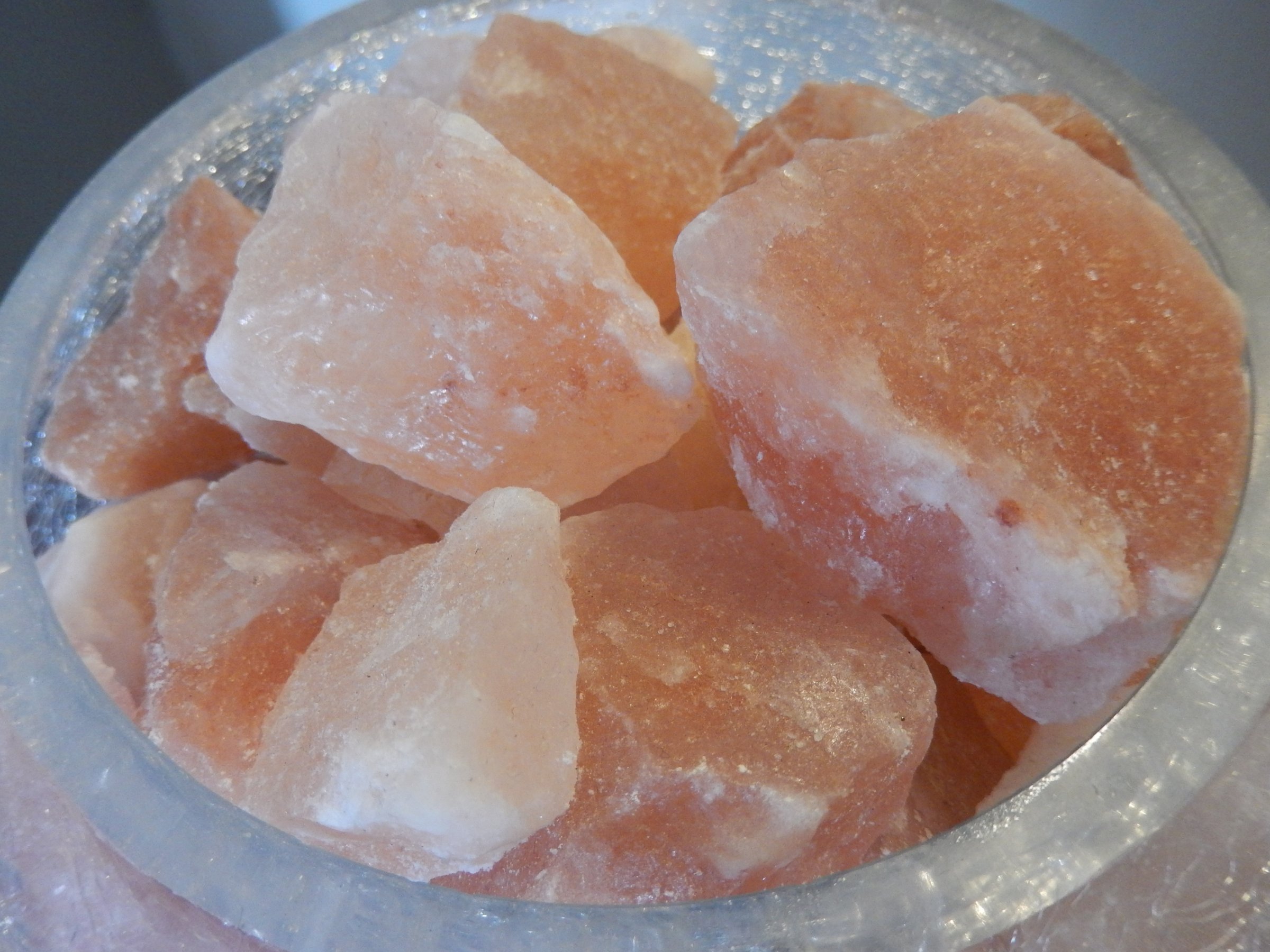
If you’re plugged into the world of alternative medicine, you’ve probably heard about “crystals”— the name given to minerals (usually quartz) or fossilized resins that are believed to have beneficial health properties.
Holding crystals or placing them on your body is thought to promote physical, emotional and spiritual healing. Crystals supposedly do this by positively interacting with your body’s energy field, or chakra. While some crystals are said to alleviate stress, others purportedly improve concentration or creativity.
Unsurprisingly, researchers have carried out few conventional studies on crystals. But one, conducted back in 2001, concluded that the power of these minerals is “in the eye of the beholder.”
In the study, which has not been published but was presented at the European Congress of Psychology in Rome, 80 people filled out a questionnaire designed to gauge their level of belief in “paranormal” phenomena. Later, the study team asked everyone to meditate for five minutes while holding either a real quartz crystal or a counterfeit crystal made of glass.
Afterward, the participants answered questions about the sensations they’d felt while meditating with the crystals. Both the real and fake crystals produced similar sensations, and people who tested high in the paranormal-belief questionnaire tended to experience greater sensations than those who scoffed at the paranormal.
“We found that lots of people claimed that they could feel odd sensations while holding the crystals, such as tingling, heat and vibrations, if we’d told them in advance that this is what might happen,” says Christopher French, a professor of psychology at Goldsmiths, University of London. “In other words, the effects reported were a result of the power of suggestion, not the power of the crystals.”
Lots of research shows how powerful the placebo effect can be. “If people believe that a treatment will make them feel better, many of them do feel better after they have had the treatment, even if it is known to be therapeutically worthless,” says French.
His take is one you would expect from a scientist. And yes, it’s almost certainly accurate to say that crystals do not themselves possess any of the mystical health properties attributed to them by users.
But the human mind is a powerful thing, and it’s trickier to say flatly that crystals don’t work, if you define “work” as providing some benefit.
MORE: Charcoal Juice Is Now A Thing
“I think that the public and medical community’s perception of the placebo is something that is bogus or fraudulent,” says Ted Kaptchuk, professor of medicine at Harvard Medical School. But Kaptchuk’s research on placebo suggests that its therapeutic actions can be both “genuine” and “robust.” While he hasn’t studied crystals—and will not comment on their legitimacy or anything to do with alternative medicine—Kaptchuk has written that a therapy’s built-in placebo effect can be considered a distinct aspect of its efficacy, and that placebo-induced benefits should be promoted, not dismissed.
Many physicians do believe in the power of placebo. A 2008 BMJ study found that roughly half of the physicians surveyed reported using placebo treatments to help their patients. Typically, a doctor would recommend an over-the-counter pain reliever or vitamin supplement, even though neither was indicated for the patient’s symptoms. Most viewed the practice of prescribing placebo treatments as ethically permissible, the authors concluded.
Holding a crystal, of course, is not the same as swallowing an Advil, and don’t expect your doctor to recommend crystals at your next visit. From the standpoint of conventional medicine and evidence-based science, the existing research suggests they’re akin to snake oil. But research on the placebo effect suggests that even snake oil can have benefits for those who believe.
More Must-Reads from TIME
- Cybersecurity Experts Are Sounding the Alarm on DOGE
- Meet the 2025 Women of the Year
- The Harsh Truth About Disability Inclusion
- Why Do More Young Adults Have Cancer?
- Colman Domingo Leads With Radical Love
- How to Get Better at Doing Things Alone
- Michelle Zauner Stares Down the Darkness
Contact us at letters@time.com